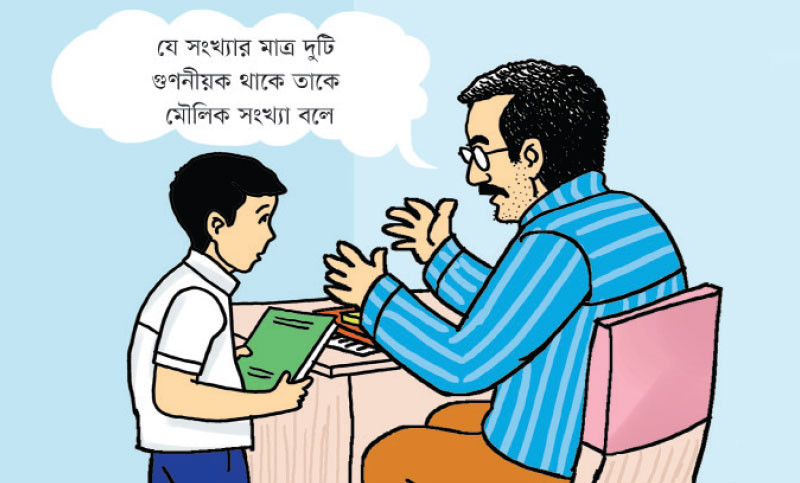[পূর্ব প্রকাশের পর]
7.Complete the sentences. 1×5=5
(a) Truthfulness is a great virtue because ——-.
(b) One cannot command the respect of others unless ——-.
(c) One may succeed once or twice by telling a lie but ——.
(d) ——- if you are a liar.
(e) So it is a wise decision ——-.
8.Complete the text adding suffixes, prefixes or the both with the root words given in the parenthesis. 0.5×10=5
Zahir Raihan was a talented film (a) ——- (make) and (b) ——- (write). He was a man of (c) ——- (domitable) courage. He had his early education in Mitra Institute and (d) ——- (late) he studied in Calcutta Alia Madrasha. In his student life Zahir Raihan devoted himself to literature. His famous film Jibon Theke Neya depicted the (e) ——- (autocrat) rule of Pakistan and inspired the people to protest against the Pakistani (f) ——- (rule). In December 1971 some (g) ——- (known) miscreants took away Zahir’s elder brother Shahidullah Kaiser. On 30th December 1971 someone informed Zahir about an address, ——- somewhere at Mirpur where he might find his brother. (h) (According) Zahir left home to get his brother back, but he never (i) ——- (turn). Until today the day is observed as Zahir’s (j) ——- (Appearance) Day.
9.Make tag questions of these statements. 1×5=5
You are going to spend your holiday with us, (a) ——-?
Yes. I want to do so. You have a pond, (b) ——-?
Yes. It’s a very big one. We can have a swim, (c) ——-?
Actually, there are many things to see in Rajshahi, (d) ——-?
That’s ture. Rajshahi University campus is also large and beautiful, (e) ——-?
Answer
7.
(a) Truthfulness is a great virtue because it makes a man great.
(b) One cannot command the respect of others unless one is truthful.
(c) One may succeed once or twice by telling a lie but one can’t continue it for a long time.
(d) You will not be trusted if you are a liar.
(e) So it is a wise decision to speak the truth always.
8.
(a) maker
(b) writer
(c) indomitable
(d) later
(e) autocratic
(f) ruler
(g) unknown
(h) Accordingly
(i) returned
(j) Disappearance
9.
(a) aren’t you?
(b) don’t you?
or, haven’t you?
(c) can’t we?
(d) aren’t there?
(e) isn’t it?
।





